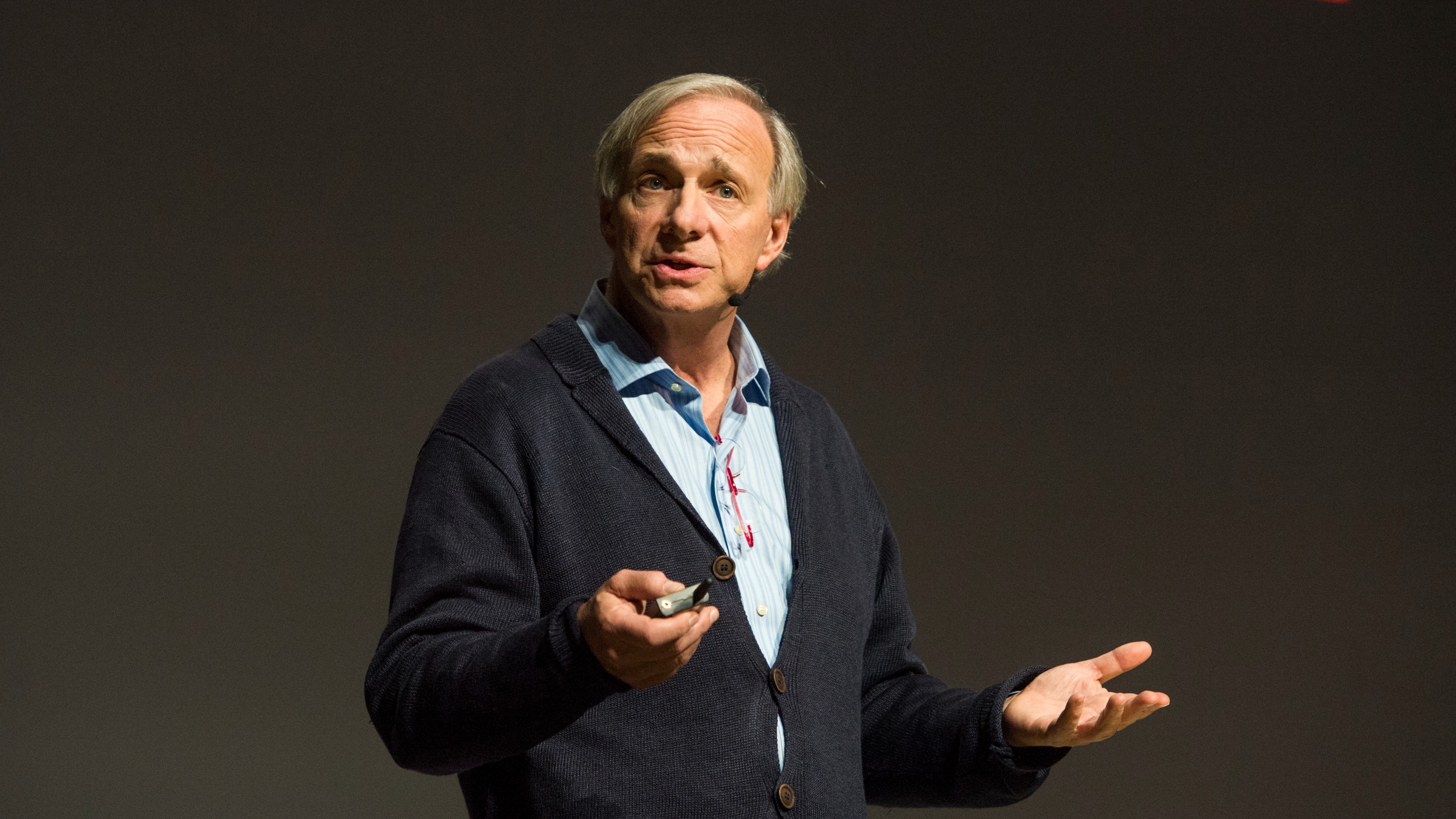All this week we are running a Guide to Active and Passive Investing to help you, the investor, make smart choices for your portfolio.
Emma Wall: Hello and welcome to the Morningstar video, Ask the Expert. I am Emma Wall and I am here today with Senior Fund Analyst for Morningstar, Jose Garcia Zarate.
Hello, Jose.
Jose Garcia Zarate: Hello.
Wall: So we've been focused on active and passive investing this week and we are talking about how investors today can blend the two to get the best possible outcomes. And we all know about the benefits of passive funds, they are extremely cheap, they give you access to market, they won't ever underperform the market.
But even though we are aware of all these benefits, you have some information to say that we may have some barriers to entry investors may not be able to get access to the very ETFs that they wish to?
Zarate: This is particularly the case with IFAs here in the U.K., for example, most of the IFAs will use platforms in order to access their different investment funds and vehicles that they want to use within their portfolios.
And it is a constant complaint from the IFA Community that a lot of these platforms either they refuse to offer ETFs or they do so very limited and at very high trading costs, which of course negates the whole raison d'être of the ETF as a flexible intraday trading vehicle that you can use in your portfolio.
Wall: Absolutely. If you are looking to buy an ETF for just 7 basis points and someone then whacks a 100 basis points charge on the top, I mean, you may as well just go active. The whole point of passives is you are able to get these fantastically available, cheap products?
Zarate: Well, exactly. I mean, the thing is that the way the ETF is – it is a revolution in terms of investing, but of course it comes with some requirement. And that requirement is, obviously, to have the infrastructure in place to allow for the full benefits of these vehicles to be rolled out within a portfolio.
A lot of the platforms in the U.K. are still sort of like very much attached to the old way of doing things and they don't – sometimes they don't even have the infrastructure to deal with equity-like products, because at the end of the day ETFs when you talk about intraday trading we are talking about kind of like a stock-like feature and you really need to put into place the investments to allow for a good dealing desk – a good execution desk, an intraday trading facility. So that basically, in a way, a lot of the platforms are letting investors down, as you say.
Wall: And you've mentioned to me that co-funds is one of the ones that is restrictive with ETFs. Those are the one of the ones that financial advisors like to use a lot. Fidelity fund's network is quite expensive. Is it just a case that these platforms have not innovated yet, they haven't put the money behind it? Isn't it going to be expensive to offer this intraday trading?
Zarate: Well, these kind of genuine infrastructure to deal with – again, as I said equity-like products requires investment. So maybe some of these companies are really into undertake this investment because they reckon that perhaps the growth of the ETF market in the U.K. doesn't justify putting the money.
So we really need to see this platforms actually waking up to the realities of what's going on in the investment world. I mean, if you look across the Atlantic in the U.S. it is so easy to trade for small IFAs or perhaps who are managing very small portfolios that's actually crucial to be able to minimize the trading cost when accessing passive investing.
Wall: And it is not just passive investing. In the U.S. it is just very cheap to invest, a lot more people invest because they have to take responsibility for their own retirement in the U.S., a model that we are moving towards in the U.K.
Zarate: Indeed.
Wall: And so to have these barriers to entry into a growing and incredibly rewarding in terms of outcomes part of the investment market just seems to be sort of cutting off your nose, despite your face; you should be able to, in the U.K., have the access, at the price point that they do in the U.S. and the ease of access?
Zarate: And I hope that that's going to be – what we are going to be seeing in years to come. But obviously we need to get the users of ETFs or would be users of ETFs actually kind of like really complaining and making the case that they really want the products to be available in this platforms and at a reasonable and fair cost. And so that they've got the ability not just to buy active funds, if they want to do so, but also passive funds and mix the two if they want within a portfolio at a reasonable cost.
Wall: And retail investors are able to do it through a number of platforms institutional investors are able to do it direct with the providers, a lot of pension funds are really increasing their exposure to passive funds, especially with the charge cap that's recently coming in encouraging to demand more for the money that they are paying for an investment. So it is just financial advisors then they are really being inconvenient?
Zarate: I think financial advisor are being let down, actually as you point out. If you are an individual investor, like myself, I can actually go to any (online) brokerage we can name a few. But most of them would have a very nice selection of ETFs at very reasonable prices I think really the key problem is for IFAs and the platforms.
Wall: Jose, thank you very much.
Zarate: You are welcome.
Wall: This is Emma Wall for Morningstar. Thank you for watching.





























